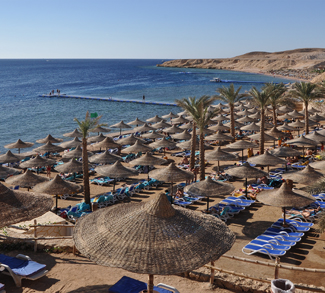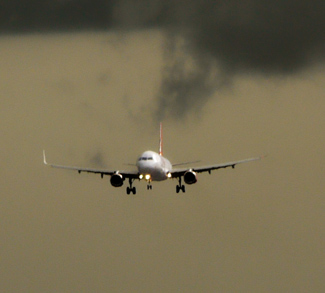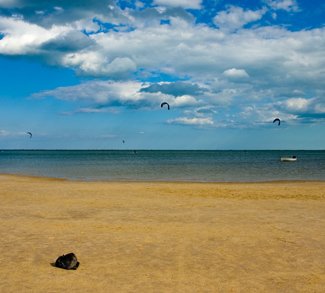At time of writing, seven countries have suspended direct flights to Sharm el-Sheikh over safety fears stemming from last week’s attack. Flight bans from two of these countries – Russia and Britain – are particularly damaging to the local tourism industry, as they make up the lion’s share of foreign tourists (combined they account for around 70%). Hotel occupancy rates are plunging, currently sitting at around 60-70%, and social media is inundated with pictures of abandoned beaches and empty shops where there’s normally a throng of holidaymakers pumping money into the local economy.
Given the economic stakes involved following a tourist attack on one of the gems of Egypt’s tourism industry, it should come as no surprise that the government is doing everything in its power to stem the tide of international travel restrictions. Egypt Tourism Minister Hesham Zaazou went on the record to say the UK ban was “unjustified” and that it “carried a lot of question marks,” continuing the trend of the government’s downplaying the threat posed by Sinai Province, the Islamic State franchise in Egypt. Cairo is also trying to fill the gaps left by foreign holidaymakers with internal tourists. Various hashtags have appeared on social media networks extolling Egyptians to visit southern Sinai as a point of patriotic pride.
The fervor with which the Egyptian government has tried to contain the fallout from Metrojet 9268 illustrates the fact that this is much more than the human tragedy of 224 people needlessly losing their lives. The bombing strikes right at a pillar of the Egyptian economy that has thus far been able to weather the tumultuous years of the Arab Spring – tourism. As foreign holidaymakers give up their plans to come to Egypt, the country is deprived of a key source of foreign exchange, and the government’s already tenuous claim on power becomes more and more frayed. The bombing of Metrojet 9268 is one of those events that will have a deleterious impact on stability, even if these effects aren’t immediately obvious.




